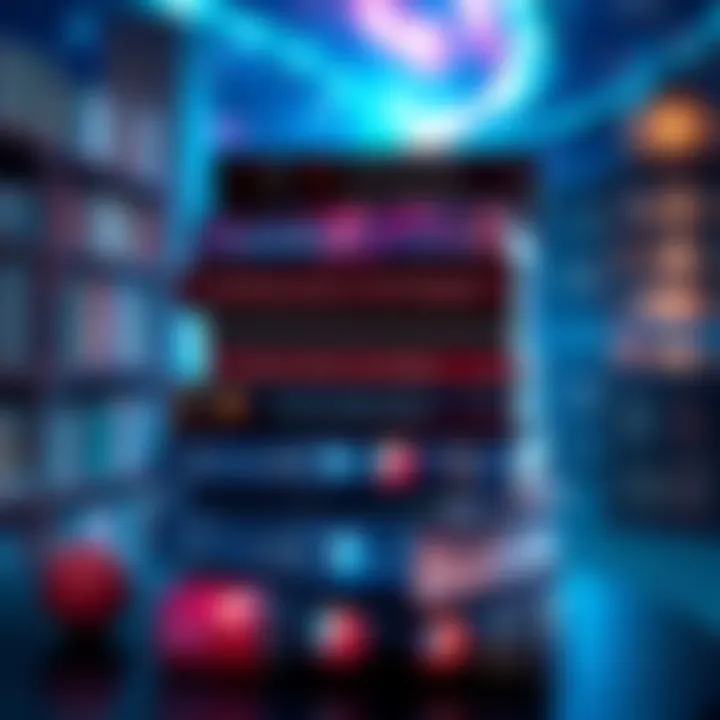Exploring the Literary Landscape | Books on Parallel Universes Spark Debate
Edited By
David Mitchell

A recent discussion on forums has sparked curiosity about nonfiction books tackling the concept of parallel universes. While some participants suggest varied angles, others highlight the challenges of finding credible, factual texts on the topic.
The Quest for Literary Recommendations
One user posed a question seeking recommendations for nonfiction books centered on parallel universes. The inquiry drew mixed reactions from others in the thread.
Time Slips and Other Concepts: One commenter noted their awareness of books focusing on "time slips," indicating that this might align with the original query.
Definitional Clarification: Another participant raised a significant point about the inherent definition of fiction and parallel universes, suggesting that credible nonfiction sources might be hard to find.
Expanding the Perspective: A suggestion was made to explore dimensions and perspectives, with one participant acknowledging that it might not be exactly what the original poster was looking for but could prove enlightening.
Community Sentiments and Reactions
The thread displays a range of sentiments from curiosity to skepticism. Some members remain hopeful about finding intriguing texts, while others briefly dismiss the feasibility of true nonfiction works on this subject.
Notable Quotes
"By the very definition of fiction and parallel universe, you’re not gonna find a nonfiction anything about parallel universes."
"Maybe not what you think you are looking for, but I would suggest"
This variety highlights the ongoing debate around the intersection of scientific principles and literary expression in exploring complex themes.
Key Insights
🔍 Responses varied in tone, with a mix of skepticism and eagerness.
📚 The exploration of time slips was noted as a potential avenue for inquiry.
💬 "That works too" indicates an openness to diverse interpretations within the community.
As discussions about parallel universes continue to unfold, the search for credible literature on such intriguing subjects remains a captivating pursuit for many.
Looking to Tomorrow's Curiosity
Experts estimate that the conversation around parallel universes in nonfiction literature will expand significantly over the coming years. This growth will likely stem from ongoing advancements in quantum physics and a rising public interest in metaphysical concepts. As discussions in forums intensify, the probability of new authors tackling this complex subject increases. Readers may find a mix of scientific theories and speculative narratives that challenge traditional boundaries, making exploration of such topics both intriguing and educational. Consequently, we may see a surge in interdisciplinary works that blend science, philosophy, and storytelling to meet the growing demand for credible yet captivating literature on parallel universes.
Revisiting the Renaissance of Ideas
Think back to the days of the printing press and how it transformed the dissemination of knowledge. Just as early scientists and philosophers faced skepticism about their theories, today's conversation about parallel universes flows through similar currents. The public's initial dismissal of groundbreaking ideas like heliocentrism echoes the current hesitance to embrace new perspectives on existence. That historical moment birthed a paradigm shift, much like the dialogues around parallel universes could, fostering a new wave of thinkers willing to explore the unknown and challenging established norms.
